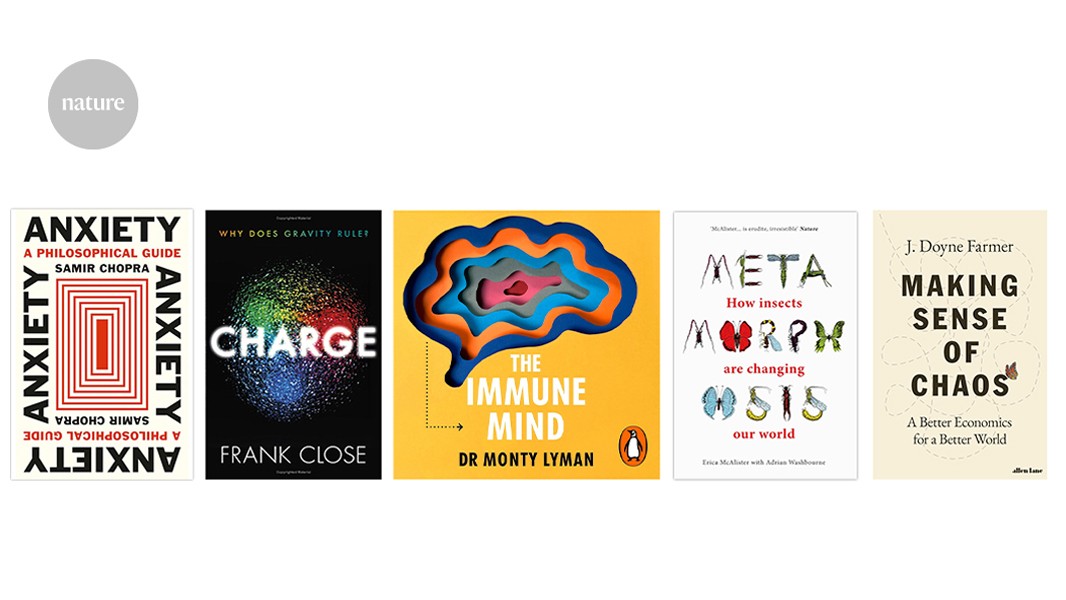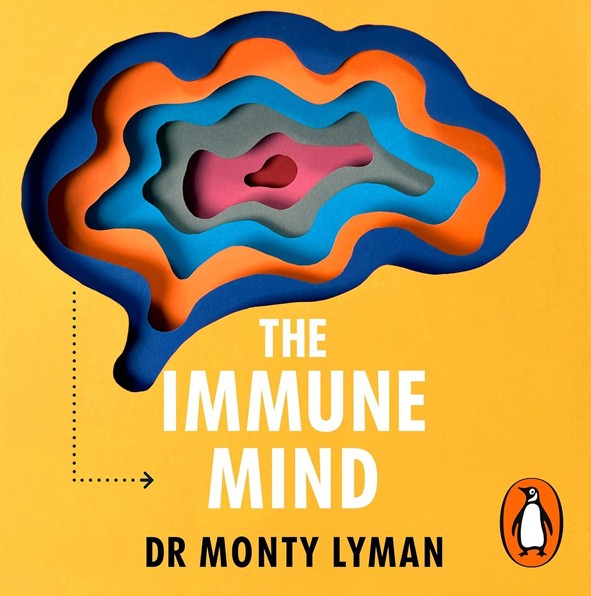
The Immune Mind
Monty Lyman Torva (2024)
During his medical degree, Monty Lyman focused on immunology. But after qualifying as a doctor, he switched to psychiatry, having watched psychiatrists transform their patients’ lives. Now his research combines these interests, in the cutting-edge field of immunopsychiatry. The synthesis occurred after a person with depression surprised Lyman by showing how mental stress caused her eczema, a skin condition, to flare up on her forearm. His fascinating book reveals the mind and body as “utterly intertwined”.
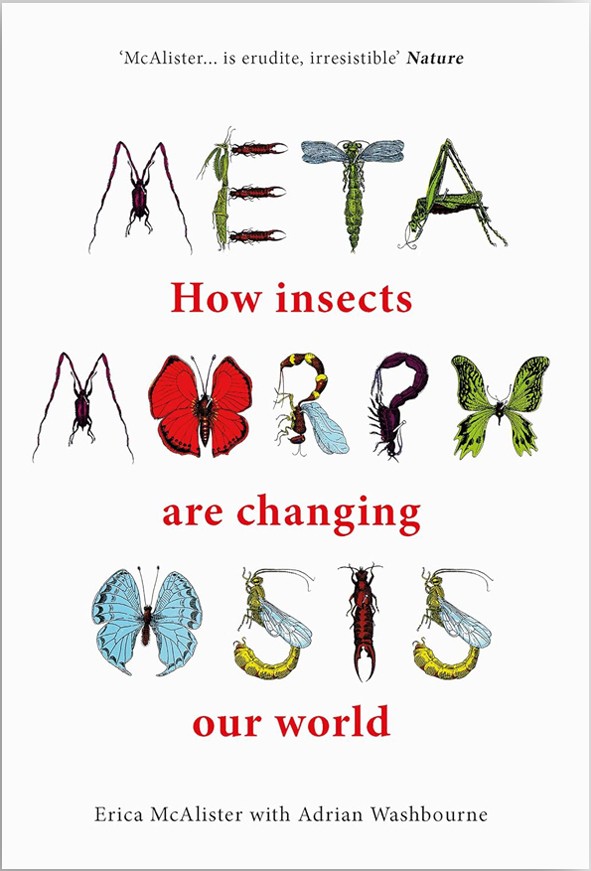
Metamorphosis
Erica McAlister & Adrian Washbourne Natural History Museum (2024)
Bees abound in ancient Egyptian hieroglyphs, symbolizing the tears of the sun god Ra, transformed after falling to Earth. Insects have long fascinated naturalists, yet much remains unclear. Estimates of the total number of species, for example, range from 5 million to 2.2 billion. But, in their enchanting, illustrated book, entomologist Erica McAlister and documentary producer Adrian Washbourne shed some light on insects: for instance, robber flies can see accurately over 0.5 metres, because their eyes have “a type of zoom lens!”
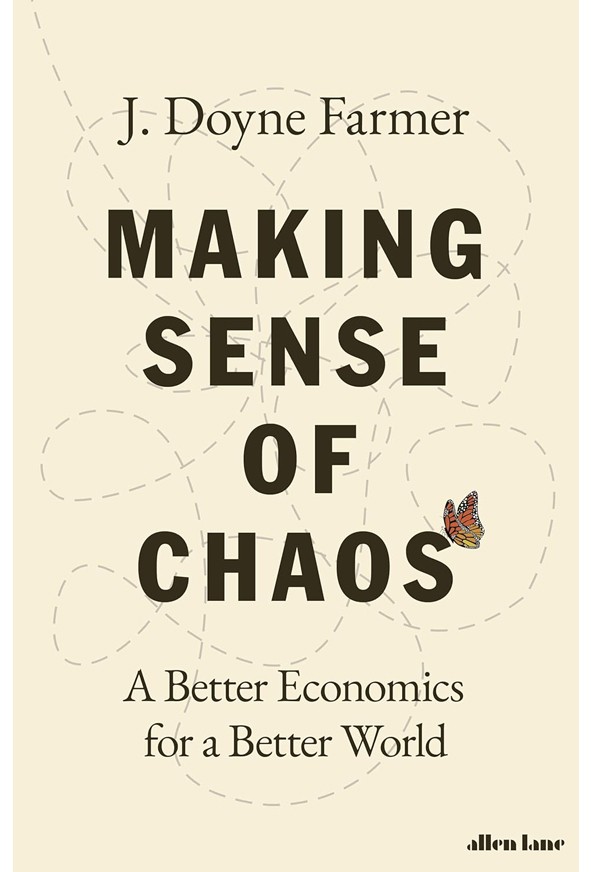
Making Sense of Chaos
J. Doyne Farmer Allen Lane (2024)
Facing COVID-19 lockdowns in the United Kingdom, complex-systems scientist J. Doyne Farmer and his colleagues created an economic model, which predicted that the country’s gross domestic product would shrink by 21.5% in the second quarter of 2020 compared with the last quarter of 2019. The model came close to the real figure: 22.1%. By contrast, some financial firms predicted 16.6% and the Bank of England 30%. Farmer argues that applying complexity economics to climate change, for instance, “could help save civilization”.
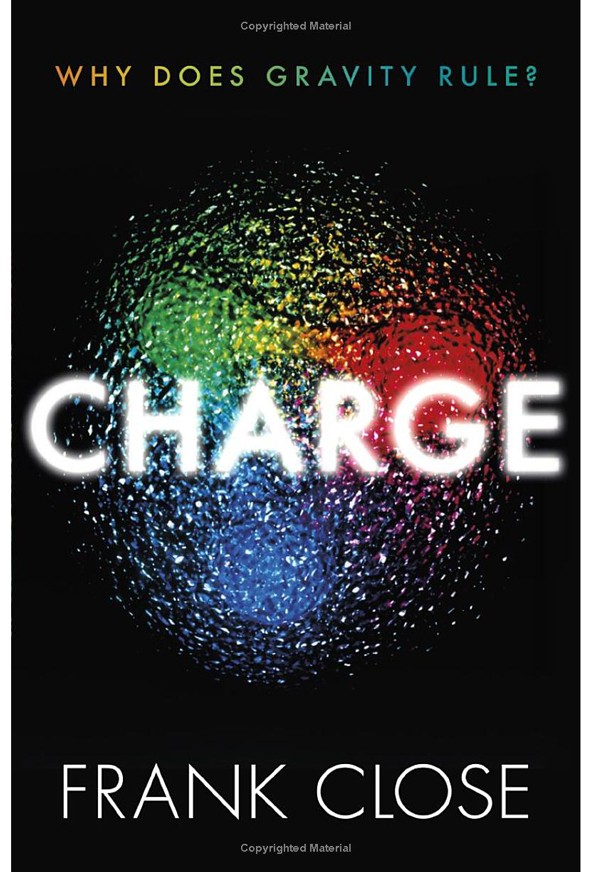
Charge: Why Does Gravity Rule?
Frank Close Oxford Univ. Press (2024)
In his sophisticated analysis, theoretical physicist Frank Close admits that 2,500 years “after the discovery of magnetism and electric charge, the reason for matter’s neutrality remains an enigma”. Electromagnetic forces far exceed gravitational attraction, but gravity nevertheless rules the Universe at large scales because positive and negative sources of electric charge balance so precisely. If they differed by even one part in a billion trillion, electrical forces would trump gravitational ones, and the Universe would cease to exist.
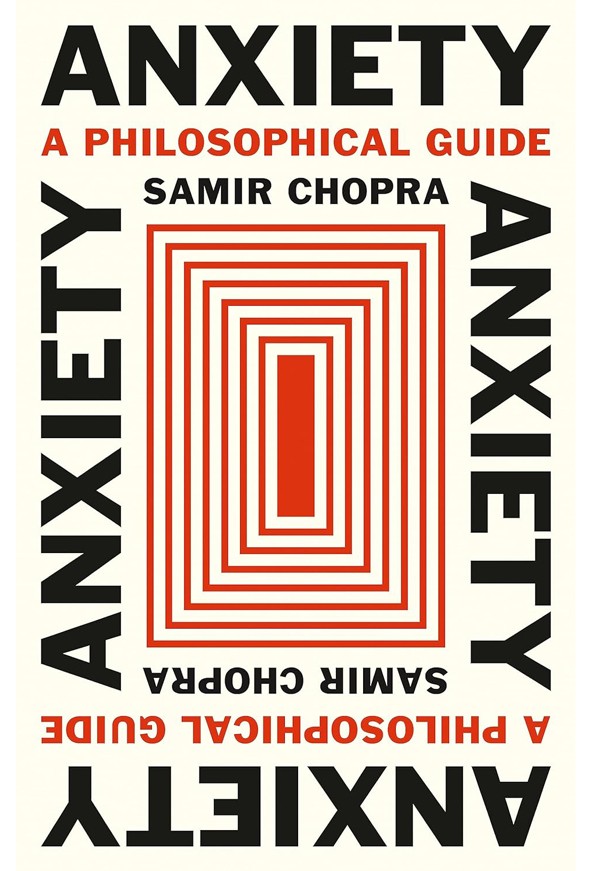
Anxiety
Samir Chopra Princeton Univ. Press (2024)
Anxiety is often viewed from a psychological perspective — requiring treatment by psychotherapists — or as a biological and medical phenomenon, to be alleviated by rewiring the brain and adjusting chemical imbalances. Samir Chopra prefers a philosophical view, based on his training as a philosopher and counsellor. “We cannot stop being anxious,” he writes in his accessible book about Buddhism, existentialism and psychoanalysis, “but philosophy can help us not be anxious about anxiety.”
Competing Interests
The author declares no competing interests.


